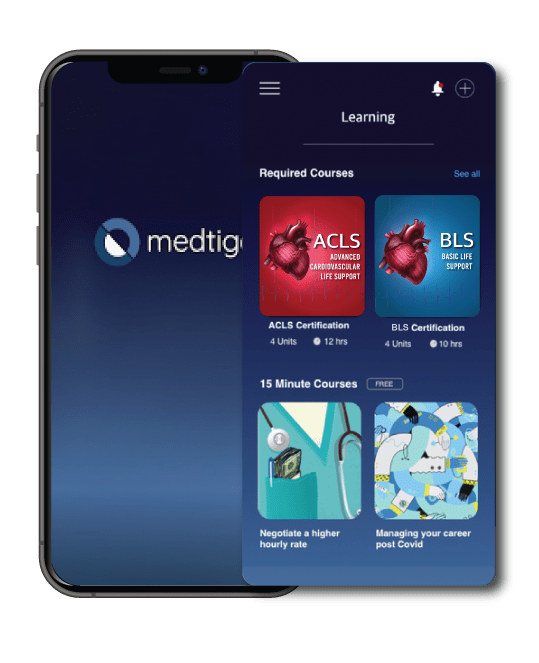The study focuses on discovering the evolutionary roots of human behaviour by examining our closest relatives, i.e., chimpanzees. Animals that engage in self-medication are known to practice self-directed healthcare. Many species engage in self-care behaviours such as applying natural remedies to wounds or infections to maintain personal cleanliness and aid in the healing.
The study aims to investigate the frequency, biological importance, and potential social benefits of self-care and social-care practices among chimpanzees in the Sonso and Waibira communities in the Budongo Forest. Differentiate between self-directed care and different forms of social care, such as kin-care and non-kin-care; the study uses an adapted theoretical framework. The Chimpanzee Self-Medicative Anecdote Survey (CSMAS) and historical logbook entries from 1993 to 2021 were present in the data source. The Great Ape Dictionary archive’s video recordings were conducted in 2021 and 2022, respectively. Further investigation focused on whether chimpanzees follow a systematic approach to wound treatment or choose specific methods based on wound characteristics.
Direct observations were recorded using both focal and ad libitum behavioural data by following established protocols, including pseudo-random focal selection based on health status. Observations included prosocial and self-care behaviours such as wound licking, snare removal, chewing plant materials, dabbing leaves, and post-defecation cleanliness. Fieldwork followed best ethical practices and was conducted with proper permits from Ugandan authorities. The objective of this multi-source and multi-method approach was to record healthcare behaviours and investigate their social activities. Researchers observed a total of 23 examples of self-directed wound care and one case of self-directed snare removal with possible medicinal benefit in the Budongo forest over the course of four-month observation periods.
Healthcare behaviours were observed in kin and non-kin settings with different combinations of caregiver and recipient sex. An example of such a finding involved applying chewed plant material on the wound, followed by rubbing leaves. The frequency of injuries in a community may be impacted by variations in the social structure among communities, which directly affects prosocial and self-care.
The findings confirm that chimpanzees in the Budongo Forest exhibit both self-directed and prosocial healthcare behaviours. Moreover, the observed behaviours appear more common than previously recognized in wild populations. Beyond kin-directed care, the presence of healthcare behaviours toward non-kin suggests that high levels of anthropogenic threats, such as snares and habitat disturbance, may foster increased social bonding and cooperation among chimpanzees.
The variety of wound treatment techniques, from pharmaceutical to mechanical cleaning, suggests that a flexible and easy healthcare system is needed, according to the authors. Understanding the biological and social drivers of such healthcare behaviours can inform conservation strategies, especially considering the vulnerable status and disrupted demographics of wild chimpanzee populations. Chimpanzees should be protected in the wild forest from climate and environmental issues that endanger their survival.
Reference: Freymann E, Hobaiter C, Huffman MA, et al. Self-directed and prosocial wound care, snare removal, and hygiene behaviors amongst the Budongo chimpanzees. Front Ecol Evol. 2025;13:1540922. doi:10.3389/fevo.2025.1540922











